This article contains Spoilers for Dragon Age: The Veilguard .
Comparisons between 2024’s Dragon Age: The Veilguard and 2023’s Baldur’s Gate 3 were inevitable. Both are fantasy RPGs reviving a popular franchise after a several-year hiatus, and both tell the story of a ragtag group of individuals thrown together and forced to battle against gods. However, there’s another, perhaps more surprising, similarity between Baldur’s Gate 3 and Dragon Age: The Veilguard. Both feature a romance path that culminates in a choice dealing with humanity, mortality, and the nature of life and death – and, potentially, conclude with characters consummating their love in or beside a grave.
Veilguard players exploring gentleman necromancer Emmrich Volkarin’s character story will find themselves encountering a scene that hearkens back to the companion quest of fan favorite vampire Astarion from Baldur’s Gate 3. Both Emmrich and Astarion are faced with a choice – gain true immortality and power at a great cost, or remain as they currently are. In both cases, the player is ultimately allowed to make this choice for the character, and it affects future scenes featuring them.
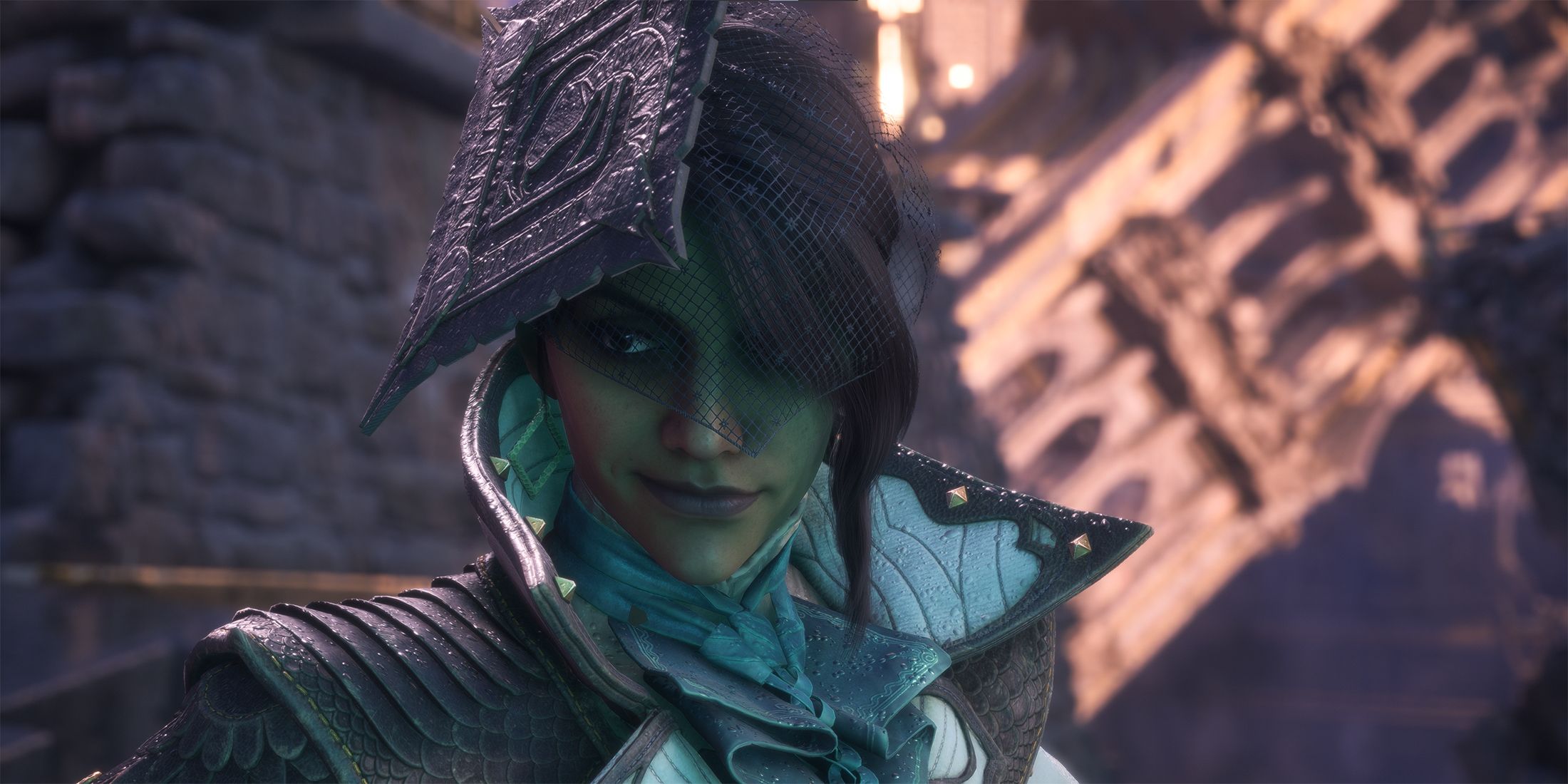
Related
Dragon Age: The Veilguard’s Best Feature Could Easily Go Unnoticed
While the way Dragon Age: The Veilguard handles choices is a mixed bag, there is one stroke of genius within them that may go unnoticed too easily.
Emmrich And Astarion’s Choices Explained
Over the course of his companion quests, Emmrich learns that his former Mourn Watcher colleague, Johanna Hezenkoss, has experimented with necromancy to an extreme degree. By extending the research on his own, Emmrich is able to determine how to achieve immortality by becoming a lich. When his skeletal assistant, Manfred, is potentially destroyed, Rook must help Emmrich decide if he will pursue lichdom or return Manfred to un-life.
Astarion, similarly, learns throughout the course of Baldur’s Gate 3 about a dark magical ritual that can turn a vampire into a “Vampire Ascendant,” a being of immense power able to walk in the sun and command legions of spawn. His choice is to disrupt this ritual, allowing no vampire to claim the “Ascendant” power, or Ascend himself – and, as in Emmrich’s case, he allows the player input on his decision.
The Outcomes Are Arguably Similar, But Treated Very Differently
Keeping Astarion a spawn and resurrecting Manfred result in similar dialogue where the characters assert that they are happy with who they are, and would prefer being with the player and their friends over having ultimate power. The opposite, however, is not the case.
Choosing to make Emmrich a lich or Astarion a Vampire Ascendant involves the character changing fundamentally, gaining a different appearance and an increased amount of power. However, there are several key differences between how the characters’ choices to embrace immortality and alter their being are handled by their respective games:
- Lich Emmrich maintains most of his personality, although he is more short-tempered and somewhat withdrawn. Ascended Astarion is more drastically different, becoming cold and imperious.
- While some of the companions, such as Harding, are uncomfortable with Lich Emmrich’s decision, they still consider him a friend. The Baldur’s Gate 3 companions will openly express their dislike of Ascended Astarion, and work with him only reluctantly.
- Rook can continue their romance with Lich Emmrich, although there is some difficulty because Emmrich feels he is no longer attractive and worries about greatly outliving Rook. However, the romance ultimately concludes positively. Ascended Astarion, on the other hand, is cruel and abusive towards a romanced player, treating them like a pet or property.
- Rook, even if belonging to the Mourn Watch faction, cannot join Emmrich as a lich, and must accept their eventual death. A player character in Baldur’s Gate 3 can be made into a vampire spawn by Astarion, becoming immortal alongside him.
Ultimately, both stories are powerful and poignant, touching on the nature of humanity, whether immortality is worth it, and what it truly means to be alive. Emmrich’s story, however, is an unambiguously happy one where magic prevails, and he is ultimately satisfied with either outcome – a refreshing alternative to Astarion’s dark fate should he choose to seek power.
Source link
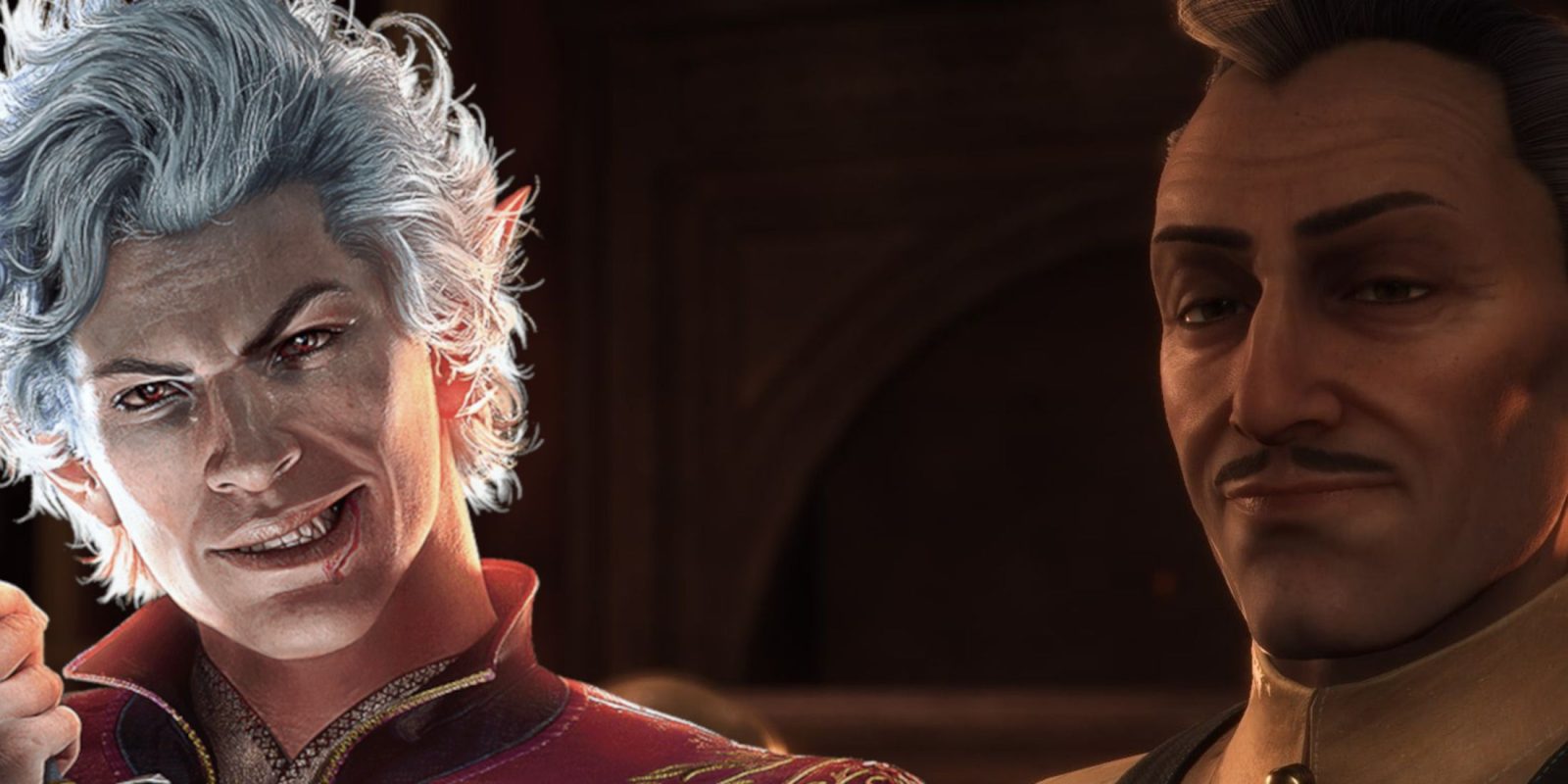

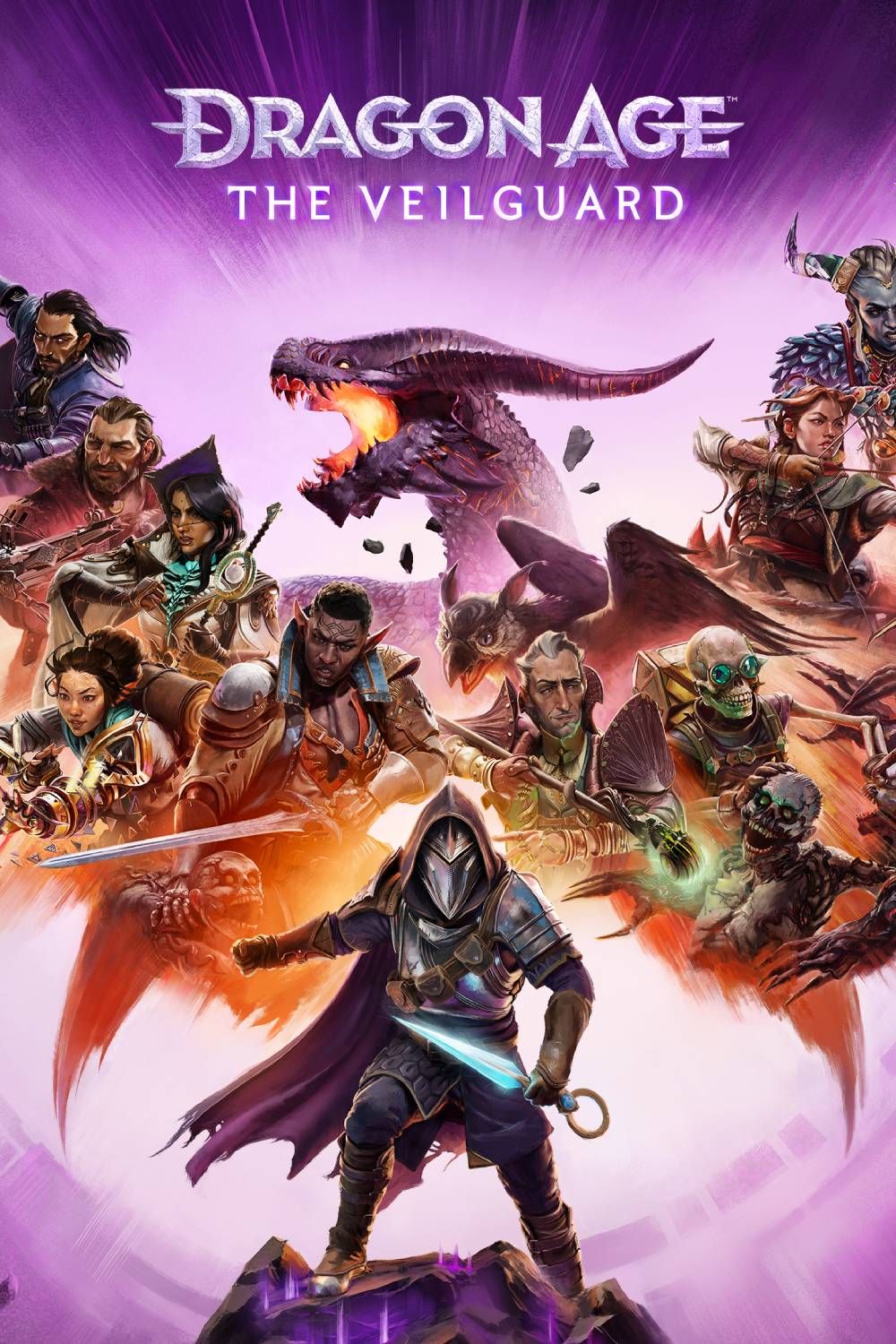

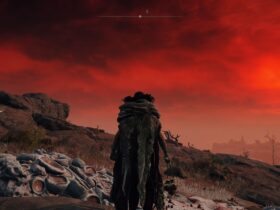


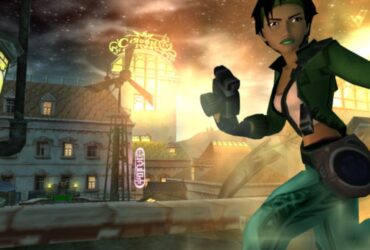
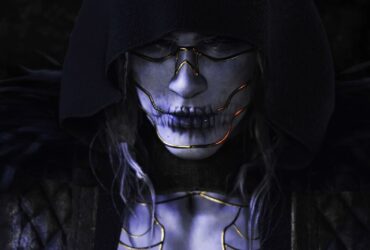
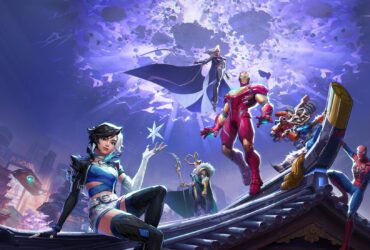
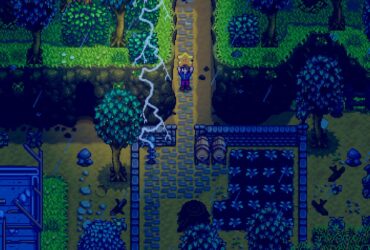

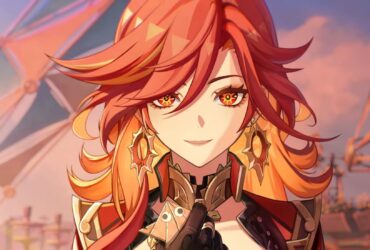
Leave a Reply